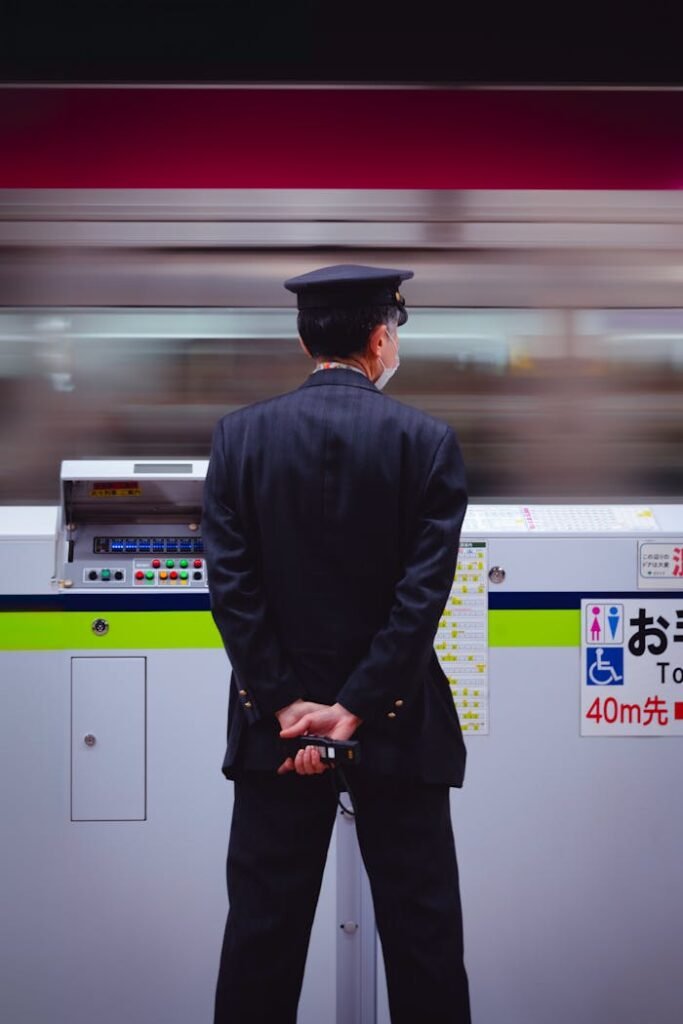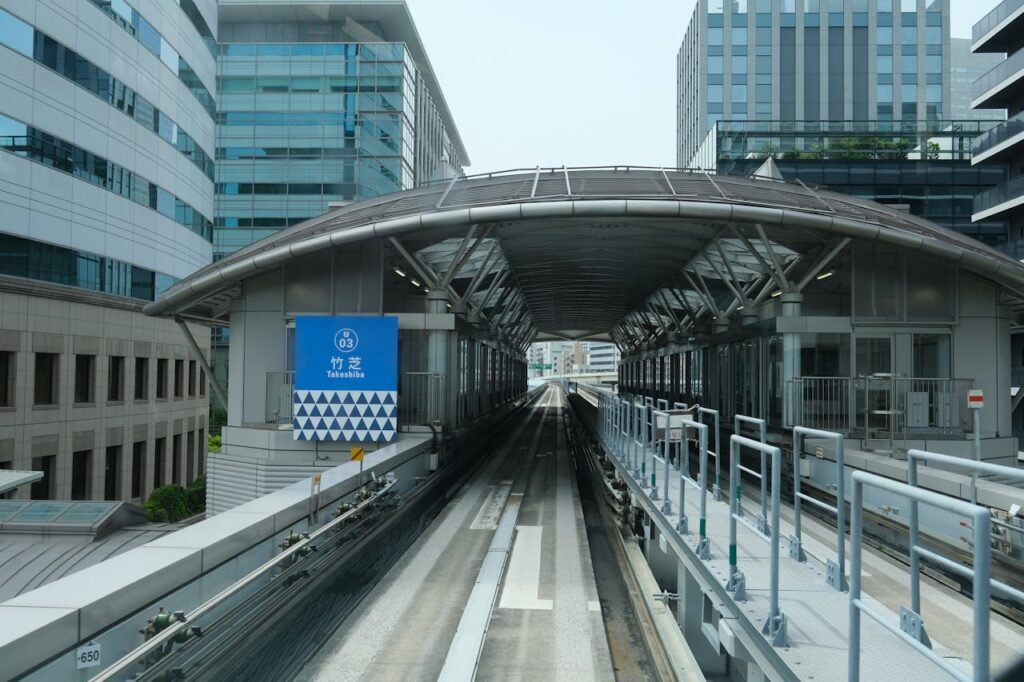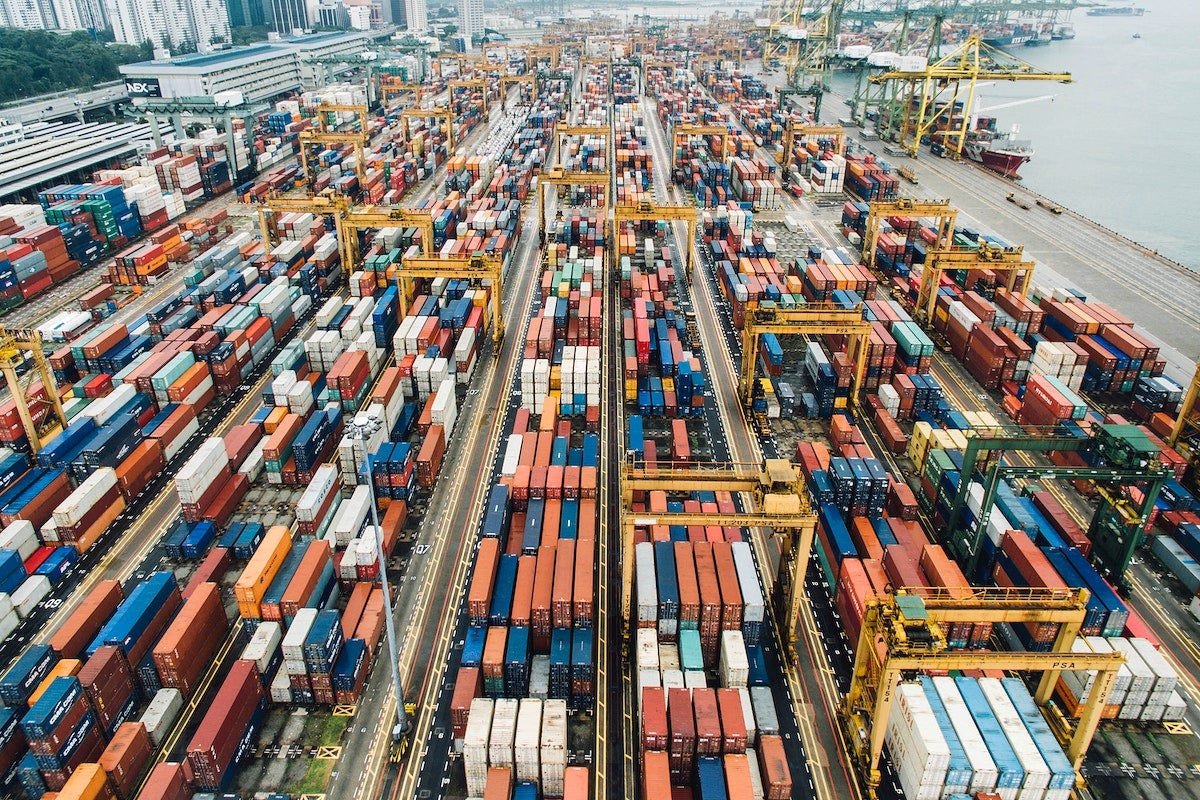Tokyo Metro’s $4.7 Billion IPO: Japan’s Largest in Six Years

- Tokyo Metro, co-owned by Japan’s national and Tokyo governments, is preparing for a $4.7 billion IPO, potentially the largest in Japan in six years.
- The company, which operates 195 kilometers of lines and carries 6.5 million passengers daily, saw a significant increase in net profit for the financial year ended March 2024.
- The central government plans to use the funds raised from the IPO to repay reconstruction bonds issued following the 2011 earthquake and tsunami.
- The IPO is seen as a significant step in privatizing Japan’s public infrastructure assets and managing its debt.
Tokyo Metro, the subway operator jointly owned by Japan‘s national and Tokyo governments, is preparing for a significant move that could mark the nation’s largest initial public offering (IPO) in approximately six years. The governments are seeking a valuation of 700 billion yen (about $4.7 billion) for the company. The listing could take place as early as the end of October, according to sources familiar with the matter.
The governments plan to arrange a meeting with brokerages within a week for a briefing on the IPO. They expect to receive approval for the listing from the Tokyo Stock Exchange as soon as mid-September. The IPO could raise 350 billion yen at the targeted valuation, with half of the company being sold. This would exceed the size of Kokusai Electric’s IPO last year and become the largest since SoftBank Group listed its wireless unit in 2018.
The Tokyo government has stated that the timing of the sale is being discussed with the national government and is not yet decided. The finance ministry did not respond to requests for comment. Tokyo Metro and Japan Exchange Group, which operates the Tokyo Stock Exchange, have also refrained from commenting on the progress of the listing.
Tokyo Metro’s History and Business Performance
Tokyo Metro’s history dates back to 1920 with the establishment of the Tokyo Underground Railway Company. Seven years later, it opened Japan’s first subway line, between the Asakusa and Ueno districts of Tokyo. Today, Tokyo Metro operates 195 kilometers of lines, carrying 6.5 million passengers daily.

The company’s business includes real estate and retail, and the company reported a significant increase in net profit for the financial year ended March 2024. The net profit jumped by two-thirds to 46 billion yen as economic activity rebounded from the COVID-19 pandemic.
The central government, which owns 53.4% of Tokyo Metro, plans to use the funds raised from the IPO to repay reconstruction bonds issued following the 2011 earthquake and tsunami. The Tokyo government holds the remaining 46.6% of the subway operator.
The Significance of Tokyo Metro’s IPO
The planned IPO of Tokyo Metro is seen as an important step in the process of privatizing Japan’s public infrastructure assets. It also reflects the government’s efforts to manage its debt and potentially invest in new projects or address financial obligations related to past recovery efforts, such as those following the 2011 earthquake and tsunami.
The listing of Tokyo Metro is significant in the context of Japan’s largest IPOs. It underscores the government’s efforts to privatize and generate capital from state-owned assets, while also indicating investor interest in infrastructure and transportation sectors. The IPO, if successful, would be the largest in Japan in approximately six years, placing it in a notable position compared to other major listings, such as SoftBank Group’s wireless unit, which was a significant IPO in its time.
Nomura, Mizuho, and Goldman Sachs are the joint global coordinators for the listing. Their role typically includes managing the IPO process, advising on the pricing of the shares, marketing the offering to potential investors, and ensuring the successful listing of the company’s shares on the stock exchange.
In conclusion, the planned IPO of Tokyo Metro is a significant event in Japan’s financial landscape. It not only marks a major step in the government’s privatization efforts but also reflects the resilience and potential of the country’s infrastructure and transportation sectors. The successful listing of Tokyo Metro could set a precedent for other state-owned enterprises in Japan, paving the way for further privatization and capital generation in the future.













Post Comment